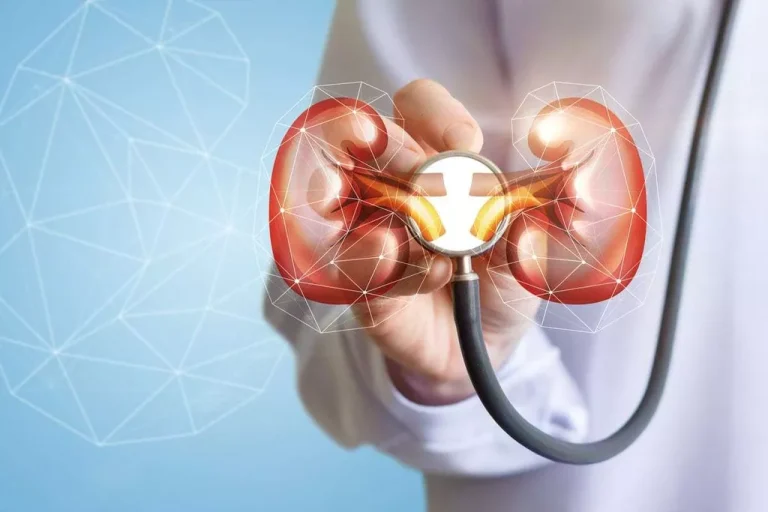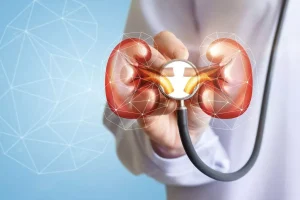Does Alcohol Thin Your Blood? Risks and Management

If you must drink alcohol while taking blood drug addiction thinners, do so in moderation. Both alcohol and blood thinners independently contribute to blood thinning. When combined, they can amplify this effect, heightening the risk of bleeding. Even minor injuries or cuts may result in prolonged bleeding, potentially leading to more serious complications.
Dangers of Mixing Alcohol and Blood Thinners
A standard glass of wine is 5 ounces, so be mindful of heavy pours. does wine thin blood Yet there are other, less risky ways to protect your arteries — for example, by eating a plant-based diet and exercising. The American Heart Association doesn’t recommend drinking alcohol solely to protect your blood vessels and improve your circulation. But having more than three alcoholic drinks daily could increase your risk for a type of stroke caused by bleeding in the brain (hemorrhagic strokes).

What to know about blood thinners and alcohol
- Red wine, in limited amounts, has long been thought of as healthy for the heart.
- Consuming alcohol will thin your blood, making you more susceptible to heavy bleeding or bruising if you experience an injury.
- The healthiest wine in both the short- and long-term is non-alcoholic wine.
- Even if you have a normally functioning liver and kidneys, alcohol can limit your liver’s ability to metabolize other compounds.
- According to the above review, daily drinking of significant amounts of alcohol can increase platelet aggregation and reactivity, meaning it may increase the risk of blood clots.
Chronic alcohol use can lead to liver diseases such as fatty liver, alcoholic hepatitis, and cirrhosis. The liver is essential for processing and metabolizing alcohol, and excessive consumption can overwhelm its capacity. Specific blood thinners, especially in women, may elevate the likelihood of bone loss and osteoporosis. Some individuals may experience allergic reactions to blood thinners, leading to symptoms such as hives, itching, and difficulty breathing.
Causes & Risk Factors
- Drinking alcohol in moderation may have a protective effect on your blood vessels.
- Alcohol consumption can elevate INR levels, indicating a higher risk of bleeding.
- It’s relatively safe to consume alcohol as long as you’re in good overall health and have confirmed with a healthcare professional.
- Our treatment methods allow our clients to have the most accessible and effective recovery experience possible.
- Having a glass of Pinot Noir with dinner can seem like no biggie, but sometimes a hangover is your reward for your moderation anyway.
When you drink, you might get tipsy and lose your balance, too. The relationship between alcohol and deep vein thrombosis may depend on what, and how much, you pour in your glass. You’ll soon start receiving the latest Mayo Clinic health information you requested in your inbox.


When it comes to the health of your blood vessels, have a conversation with your doctor. But in people who drink heavily, there can be a rebound effect in which the bleeding risk increases, even after they’ve stopped drinking. Exceeding the recommended guidelines above is considered heavy drinking. If you’re taking blood thinners or will be soon, quitting drinking is critically important.
Medical Professionals
- Simply eating grapes or drinking grape juice might be a way to get resveratrol without drinking alcohol.
- Researchers also found decreased rates of coronary artery disease (CAD) and non-fatal stroke among people who drank alcohol compared to those who didn’t.
- Blood clotting is essential to prevent blood loss when someone is injured or wounded.
- The resveratrol in red wine comes from the skin of grapes used to make wine.
Platelets are small cells in the blood that are essential for clotting. When you cut yourself or experience an injury, platelets help to form a plug at the site of the injury to stop the bleeding. Alcohol consumption can reduce the number of platelets in your blood, making it more difficult for your body to form a blood clot. Any amount of alcohol that exceeds the daily limits of “moderate drinking” is considered heavy drinking, which brings additional health risks.
